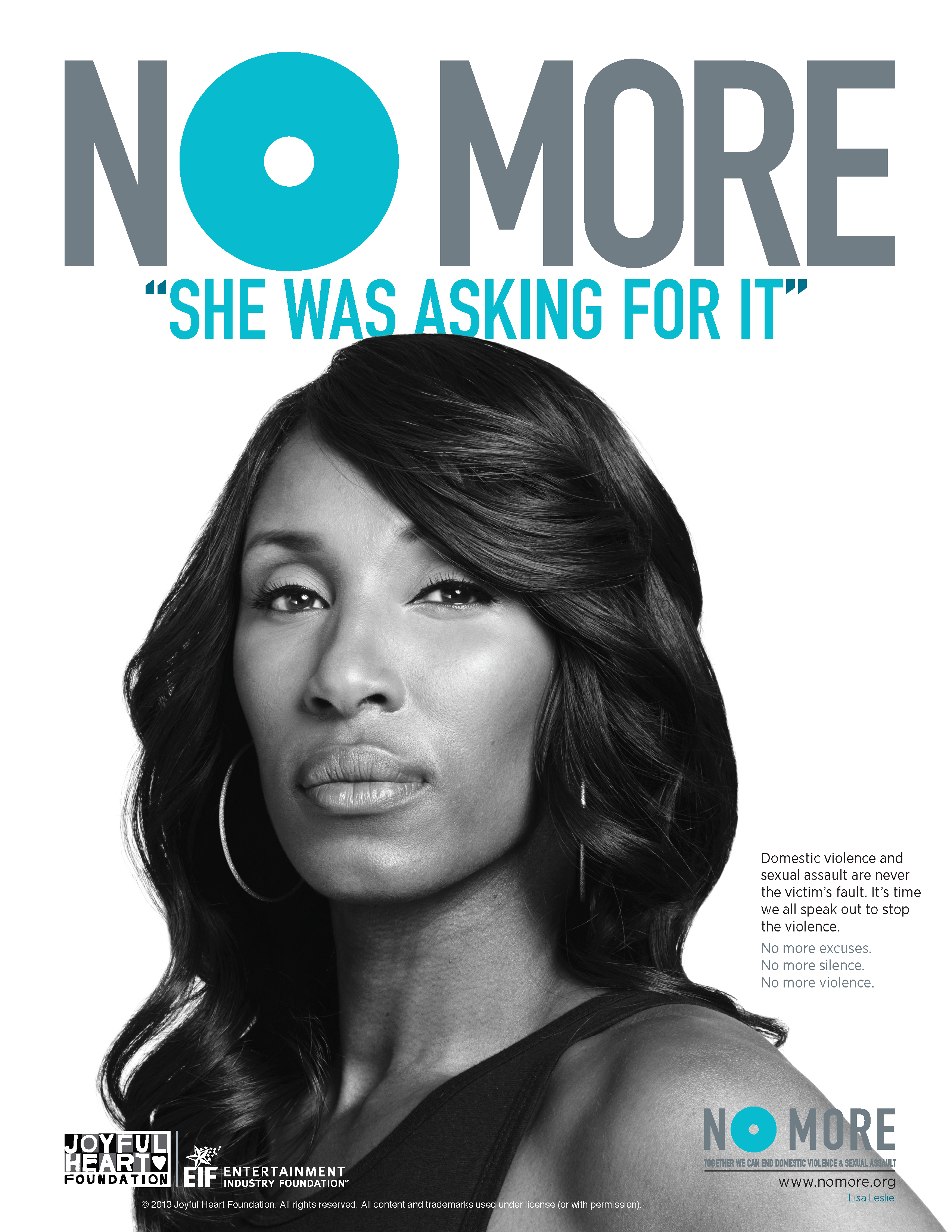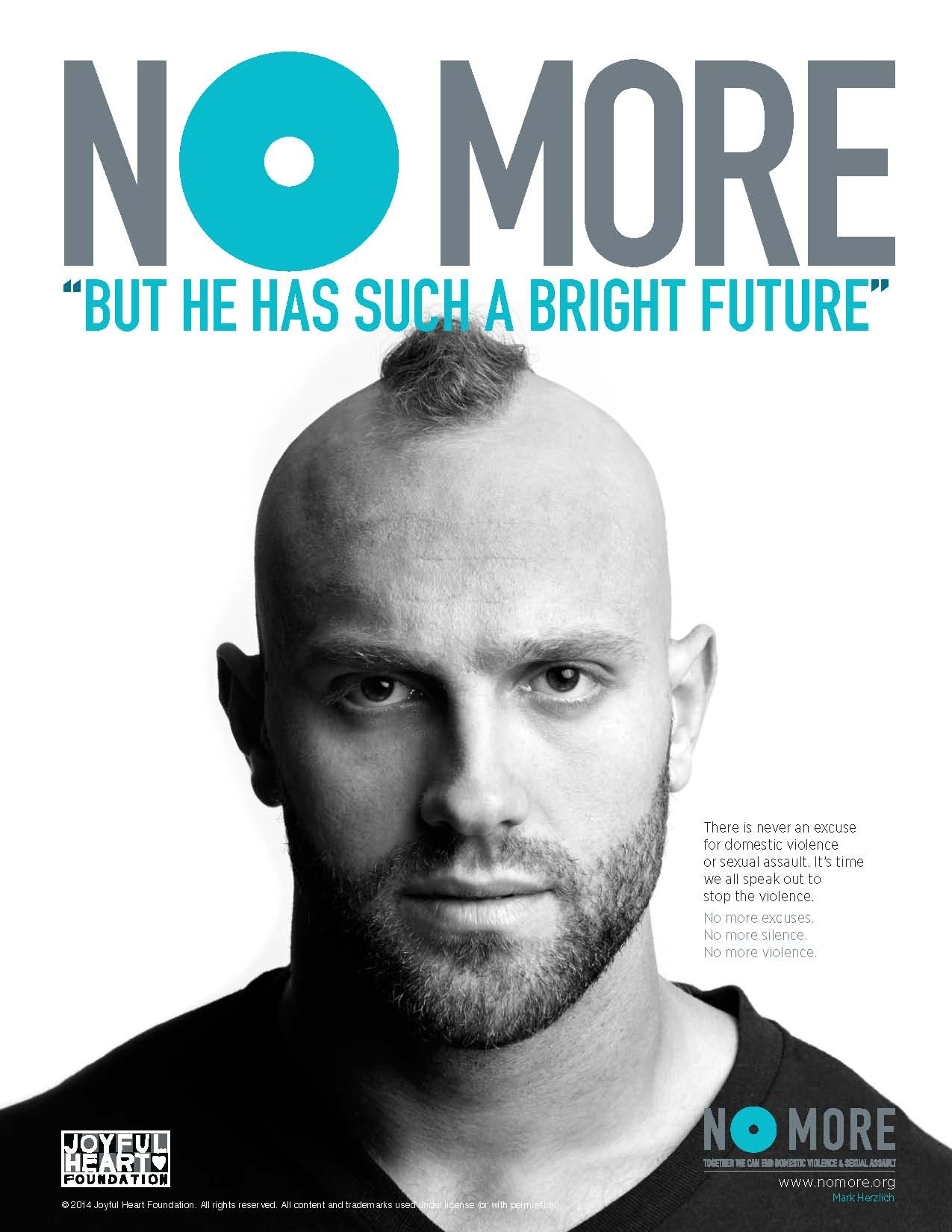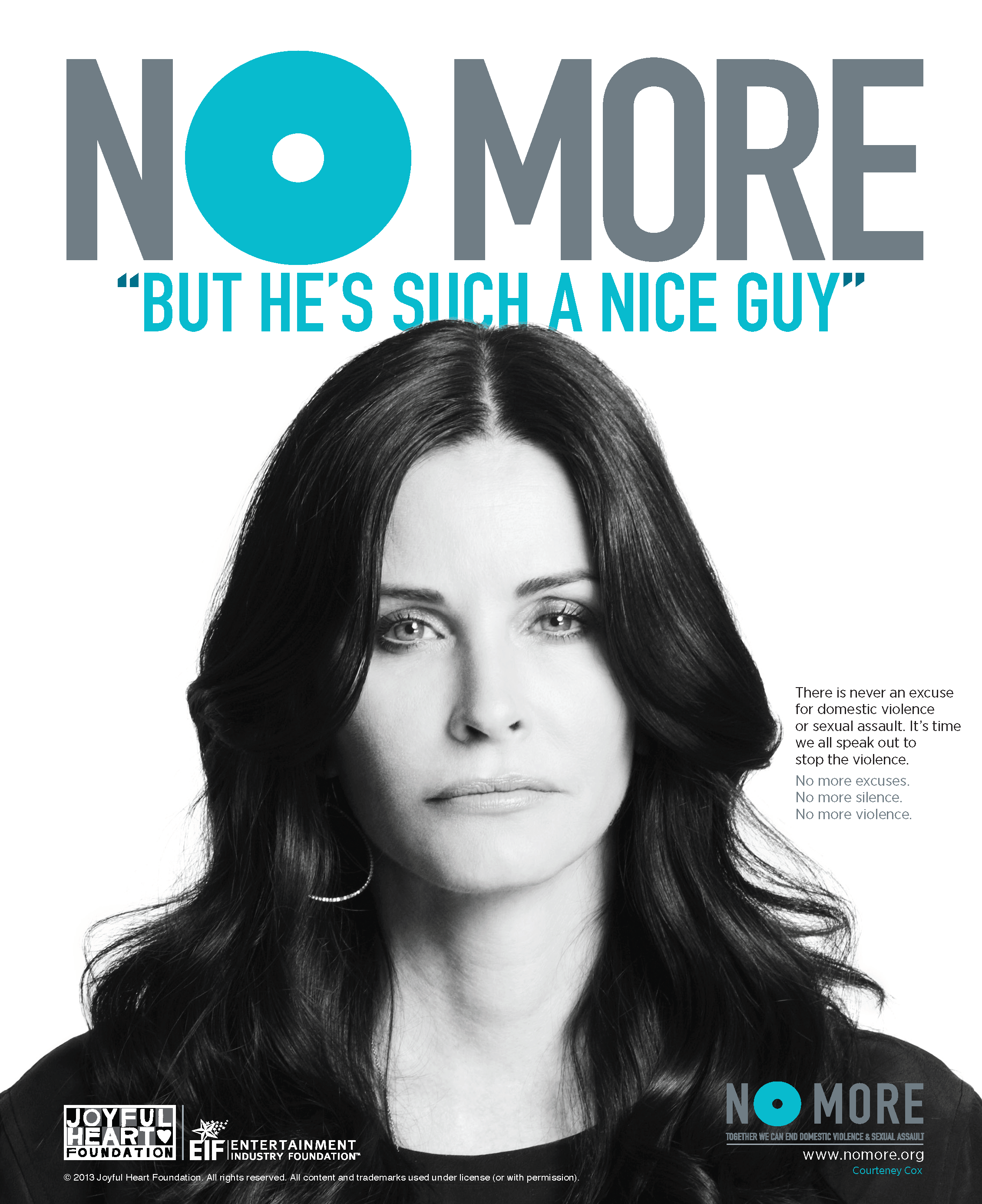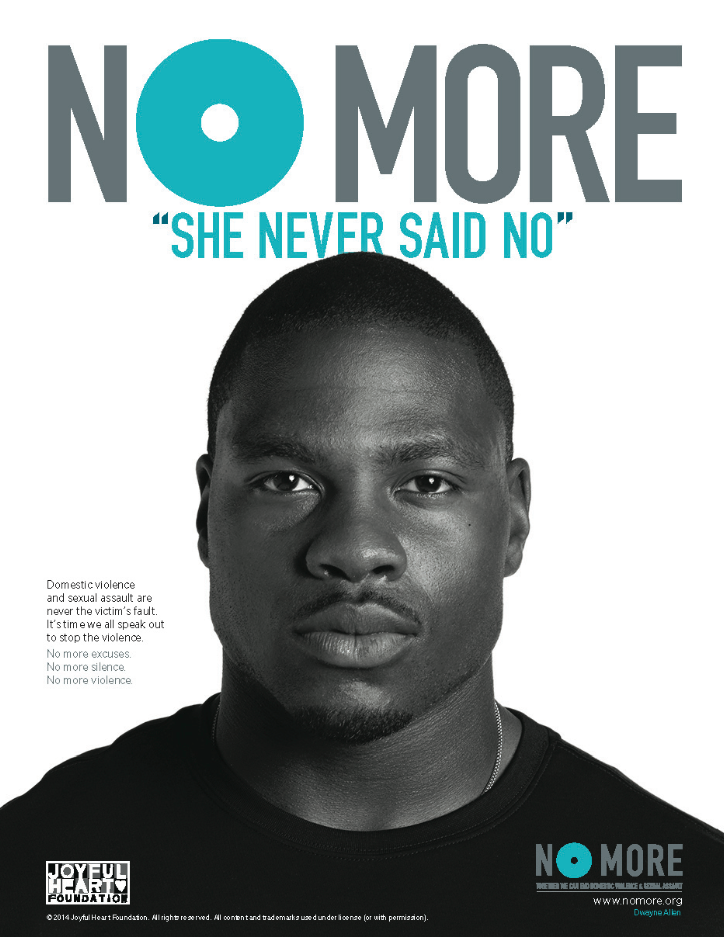This Moment in Culture Change
The Vice President of the United States writes an open letter to a sexual assault survivor at Stanford. A California judge’s lenient verdict in her case sparks backlash nationwide. The survivor’s searing statement about her experience of rape is read verbatim on national television by a news anchor and on the floor of the Congress.
And that’s just our inbox from last week.
Slowly but seemingly all at once, we have reached a new threshold in our struggle to change the culture around sexual assault. Wherever we go from here, we know that the stigma and shame that long shrouded the issue are finally beginning to lift. That’s good news…and of course it is not nearly enough if your goal is, as ours is, to end sexual assault and domestic violence once and for all. But the change has begun, and it is palpable everywhere you look.
What’s changing? Three very big things.
First, the silence around sexual assault is ending. As recently as 2013, the national NO MORE study by Avon Foundation for Women found that an overwhelming majority of Americans (73%) had not discussed sexual assault with their friends or even their own kids. Yet Stanford historian Estelle Freedman writes of the sexual assault controversy in a New York Times op-ed: “The energies unleashed by this case present a potential to reframe the issue of rape.” From the Oscars to politics to the military, the new normal is to talk about sexual assault – in fact, it is burning up social media like few other social issues today.
Second, the excuses for sexual assault are dying, and we say good riddance. “But he’s such a nice guy.” “Well, he was drunk.” “Well, she was drunk.” Lame excuses for predatory, criminal behavior that have been around forever may actually have begun to fade. As the Vice President, a great champion of this cause, put it clearly in addressing the survivor: “What you endured is never, never, never, NEVER, a woman’s fault.”




Third, and most hopefully, bystanders are stepping up. The Stanford survivor keeps an image of a bicycle nearby to remind her of the two courageous cyclists who intervened in her assault. The symbolism “reminds me that there are heroes in the story. That we are looking out for each other,” the survivor wrote in the statement she read in court. When people begin to see that they must get off the sidelines and take a stand, we will finally be on our way to NO MORE sexual assault and domestic violence.
While the recent progress is heartening, there is so much more to the story. The Stanford sexual assault has also surfaced important and complicated questions about social justice. There is a shocking contrast between the six-month jail sentence for the white Stanford perpetrator, and the 15-25 year mandatory minimum sentencing of an African-American Vanderbilt student convicted of rape this spring. Silence and stigma are not truly over until we hear all the voices – those of the LGBTI community, racial and ethnic minorities, male survivors and others whose pain is often overlooked.
But as we continue to struggle, it’s important to look up every now and then from our work and see where change has brought us. Now is one of those moments.
Monika Johnson Hostler is President of the National Alliance to End Sexual Violence. Virginia Witt is Director and co-founder of NO MORE, a public awareness and engagement campaign.
Together We Can End Domestic and Sexual Violence






